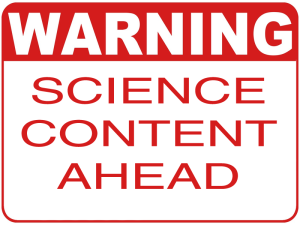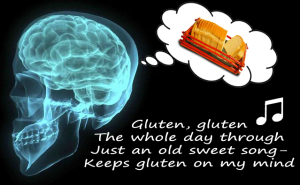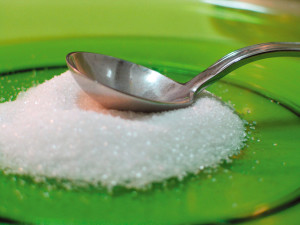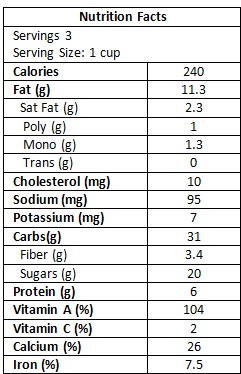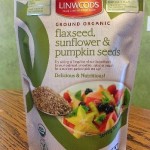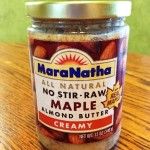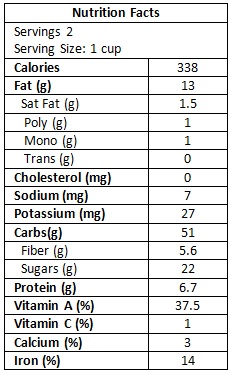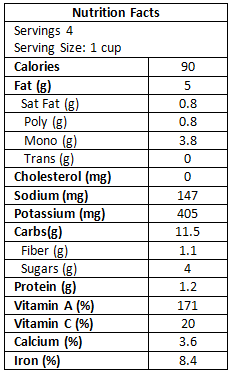It’s that time of year again – the time for setting New Year’s Resolutions. If you’re like many people, managing your weight is probably high up on your list of priorities for 2016. In fact, according to some research[1], weight loss is the most common New Year’s resolution!
Unfortunately, setting a resolution is a lot easier than actually meeting it. In fact, studies[2] show that only about 8% of people end up reaching the goals they set.
Why exactly is weight loss so hard? There are a few major reasons. For instance:
- Losing weight often means changing – or at least adjusting – your eating habits. But habits can be extremely hard to break.
- It is very easy to eat extra calories, but burning off extra energy takes effort and time
- There is a large psychological component to eating. It is easy for food to become a coping mechanism, which can make losing weight far more challenging.
All that makes weight loss sound rather daunting, doesn’t it? Fortunately, there’s good news. Reaching your weight goals can be very doable – you just have to approach it the right way!
What exactly is the “right” way? In large part, the right way means avoiding the common mistakes many people make when trying to lose weight. So if you are one of the many people vowing to shed pounds this upcoming year, here are a few things to keep in mind when setting your goals. Avoiding these common mistakes will help you be more successful in achieving the weight you desire.
Mistake #1: Trying to lose weight too fast. Setting a goal to lose 15 lbs by the end of January is likely just setting yourself up for failure. After a couple weeks, you are going to realize that losing that much weight isn’t realistic, and you will probably get discouraged. Besides, even if you do lose a lot of weight at once, studies show that the faster you lose weight, the faster you regain it. Slow, gradual weight loss is actually healthier and more sustainable than trying to lose a lot of weight all at once. Remember: it’s one thing to lose pounds. Keeping the pounds off is something else altogether – and is more important in the long run.
Mistake #2: Trying “fad diets”. What is a fad diet? A fad diet is a diet that gains popularity for a short period of time, but quickly falls out of favor once people realize that it isn’t sustainable. The big problem with fad diets is that, once again, you are setting yourself up for failure. There are indeed some “diets” that will help you lose weight, but the whole idea behind going on a diet is inherently flawed. As soon as you go off the “diet”, you will probably regain the weight you lost, plus more!
Even worse, all of the diets that actually do result in weight loss have been studied. What did researchers find? That these diets were effective only because of “calorie restriction”, meaning not because you are only eating grapefruit, or whatever other insane restriction is being recommended. If you really want to lose weight in a healthy way and keep it off, you have to learn how to actually eat healthy. Despite what many people try to sell you on, there are no shortcuts or quick fixes. (Remember: if it sounds too good to be true, it is.) If you want to look and be healthy, you have to live healthy. There’s a reason my company’s slogan is Better nutrition for a better life.
Mistake #3: Giving up if you don’t see results immediately. A lot of people start making some good lifestyle changes, but because they don’t immediately see the results they want, they give up. These days, we are so used to having advanced technology provide satisfaction with the push of a button that we often forget that the best things in life take time. For instance, if you start eating better and exercising, you may actually find yourself gaining a bit of weight at first because of the added muscle mass. This often makes people feel discouraged, leading them to quit even though they were actually making progress! Always remember that weight loss is a process. It doesn’t always happen as quickly as we would like, but that doesn’t mean it’s impossible.
Mistake #4: Creating “forbidden foods”. Often times when people are trying to lose weight, they decide to cut out their favorite food because they are afraid they will eat too much of it. Unfortunately, this just makes them crave that food even more! (Ever heard the phrase “forbidden fruit” before? Same principle.) Then they feel bad about the fact they can’t have it and decide to just give up on their “diet”. It’s like telling a child “No”. The first thing they want to do is the exact thing you told them not to. In this case, creating a forbidden food also prevents you from having a good relationship with food altogether, because now you have turned food itself into the enemy.
Mistake #5: Thinking you have to starve yourself to lose weight. If you feel like you are starving, you are probably trying to be too restrictive, or else you cut back your portion sizes too fast. That’s not good, because if you restrict your calories to the point you feel starving, it will likely slow your metabolism, which means you will burn fewer calories at rest, thereby making weight loss even more challenging!
If you can avoid these five common mistakes, you’ll find that weight loss is more doable, less stressful…and best of all, more sustainable!
Of course, avoiding these mistakes isn’t necessarily easy. So if you’ve found yourself running into these problems and don’t know what to do about it, I can help! As your nutrition coach, I can help you with everything you need to successfully meet your weight-loss goals. From analyzing your current diet to find areas of improvement to helping you create the perfect meal plan, my weight optimization package could be just what you need to make your New Year’s Resolutions a reality. Call/text 801-815-7301, or email gingerbaileyrd@gmail.com to schedule an initial consultation today!
In the meantime, happy New Year!
[1] http://www.statisticbrain.com/new-years-resolution-statistics/
[2] http://www.statisticbrain.com/new-years-resolution-statistics/

